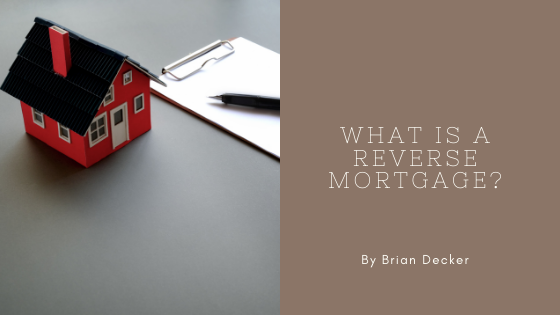A “reverse mortgage” is a loan. This loan is like other home loans because homeowners can use the equity in their houses as collateral for the loan. This loan also allows the homeowners to keep the title to their property, but this is where the similarities end. With a reverse mortgage, the homeowners are not required to repay this loan with monthly payments. Homeowners repay their reverse mortgage loans after they move out of their houses.
The most common type of reverse mortgage is the “home equity conversion loan,” and it is available to homeowners if they are 62 years of age or older.
The requirements for a reverse mortgage are the following:
- The homeowners must live in the home.
- They must pay property taxes and their homeowners’ insurance premiums.
- They must continue to take good care of the property.
Every month of a reverse mortgage loan, the lenders add interest and fees to the balance. This means that the homeowners will owe an increasing amount of money to the lender over the life of this loan. While the loan balance is increasing, the homeowners’ equity is also decreasing.
The homeowners or their heirs will be able to repay the reverse mortgage loan by selling the property.
The Right of Rescission
Sometimes, people believe that it is a good idea to purchase a product, but they make a different decision after they have a few days to do further research. In the event that a husband and wife sign a contract for a reverse mortgage, they will be able to change their minds about taking the loan for any reason, and they will not be charged a penalty.
The right of rescission gives people the option to cancel their reverse mortgages by sending the lender a notice in writing. It must be sent by certified mail so that the homeowners have confirmation that the lender received their letter. Then, the lender must return any money that the homeowners paid for the loan within 20 days.
Sometimes, homeowners want to cancel their reverse mortgages after the three-day period has passed. It may not be too late. Homeowners only need to consult with an attorney to find out if they can still cancel their reverse mortgage loans.

